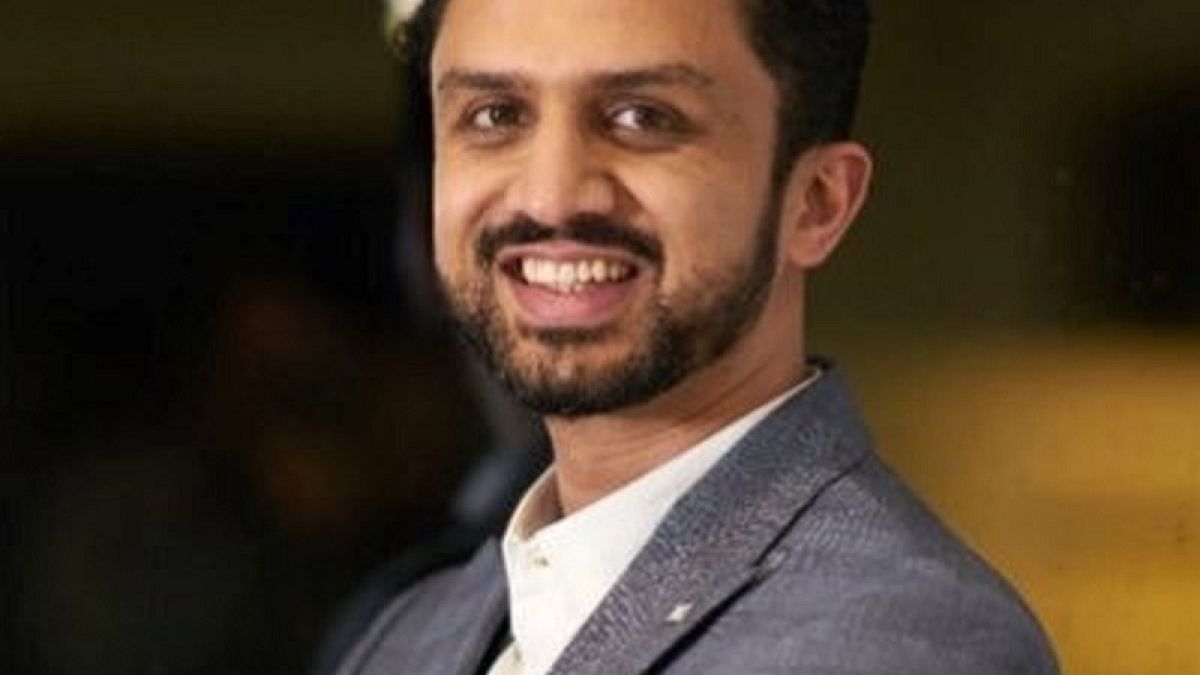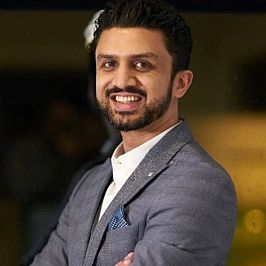In the 18 years since 9/11, I’ve watched Islamophobia go from a niche community concern to a national tragedy. Most religious hate crimes in the UK now target Muslims.
In the 18 years since 9/11, I’ve watched Islamophobia go from a niche community concern to a national tragedy. Most religious hate crimes in the UK now target Muslims.
Many Muslims have looked for political leadership to first define and then legislate our way out of this. These hopes have been dashed at the first hurdle after the British government failed to adopt the Islamophobia definition determined by the all-party parliamentary group on British Muslims last week, and backed by hundreds of academics and Muslim organisations.
The only immediate solution now is a bottom-up approach. Muslims need to better highlight their incredible humanitarian efforts at home; serving not just the vulnerable in Gaza but Gateshead too, saving lives in Syria and serving the homeless in Scarborough as well.
I have been championing this for years, despite the reluctance of some elements of our communities. It will be much harder for the Far Right to radicalise native Britons against Muslims once they know about the millions of pounds that British Muslims are spending every day to help serve the most neglected in our societies.
It has been a long journey to arrive here. It’s incredible to note that despite being the poorest of the country’s faith communities, British Muslims give more to charity than any other faith group.
Interestingly, given that British Muslims are a relatively new community, they lack the institutions and infrastructures of some other groups, and so Muslim charities have stepped up, playing a crucial role in British Muslim civic society.
In the absence of an established Church, and for better or for worse, British Muslim charities have, in many ways, become the de facto gatekeepers for development, education and culture.
Britain’s Muslim charity sector grew in the 1980s and early 1990s, in parallel with the diverse Muslim communities themselves. The aftermath of the Salman Rushdie affair catalysed conversations on British Muslim identity, which in turn spurred on a new wave of activism. This led to the creation of institutions that could channel the hopes and dreams of Muslim communities, beyond the first generation priorities of mosques and (halal) meat.
Many of the individuals behind the first wave of British Muslim institutions were first generation recent immigrants, who invariably suffered from some degree of ‘back home-ism’.
Geographically, if not ideologically, the primary focus of these charities, who raise hundreds of millions of pounds every year, has been international. Their priorities reflect this, with almost all their charitable spending being outside the UK, often in the hotspots where Muslims understandably feel the most need to support their co-religionists: Palestine, Kashmir, Pakistan, Iraq and so on.
Beyond geography, it is so much easier to fundraise for humanitarian work on the fringes of an emotive far-flung political issue, than it is for the more mundane needs of the local community.
The idea that “charity begins at home” is one embedded into the fabric of the Islamic tradition. In the last two decades, there’s been a shift in the consciousness of British Muslim: home is no longer Bangladesh or Pakistan, it’s Barking or Peckham. And our charitable spending must continue to shift just as our consciousness has.
Since I became active in the charity sector a decade ago, our charity, like many others, has implored donors and volunteers to shift their focus to our doorstep. To act to change not just the faraway exotic locations you see on the evening news, but the ugly face of poverty in and around our communities. As Muslims, we are motivated by our faith to help the vulnerable; not based on their background, faith or culture, but based on their need.
Sadly, the care and concern that British Muslims have expressed for their ancestral homes across the world has been weaponised by the Far Right, who are simply unaware of the immense contributions these same Muslims are making domestically.
Contributions like those during the deadly Cumbria floods of 2015. Extreme weather response in the North West of England is not a traditional hinterland for Muslim charities, but everyone in our office was determined to do something. Within hours, alongside emergency services and the military, our volunteers provided a lifeline to many of the 45,000 households affected. One of our ambassadors, Boxing Champion Amir Khan, insisted on joining the efforts himself, going from home to home, meeting and serving those in need.
Two years later, the horrific Grenfell Tower fire shocked London in to action, and once again Muslim charities were leading the response, quickly understanding the scale of the disaster and coordinating a multi-pronged humanitarian response that caught the attention of not just the Mayor of London but even Her Majesty The Queen.
And in between those headline-grabbing events, Muslim charities are active at the grassroots, offering domestic violence support groups, serving tens of thousands through weekly food distributions, tackling loneliness through buddying schemes, and visiting the sick in hospitals and hospices across the UK. The vast majority of the people we help are not Muslim.
I hope that those thousands of non-Muslims we do help will stand with us against Islamophobia - however the politicians want to define it.
Adeem Younis is Chairman of Penny Appeal, a British-based Muslim charity working in 30 countries around the world, including the UK.
____________
Are you a recognised expert in your field? At Euronews, we believe all views matter. Contact us at view@euronews.com to send pitches or submissions and be part of the conversation.

